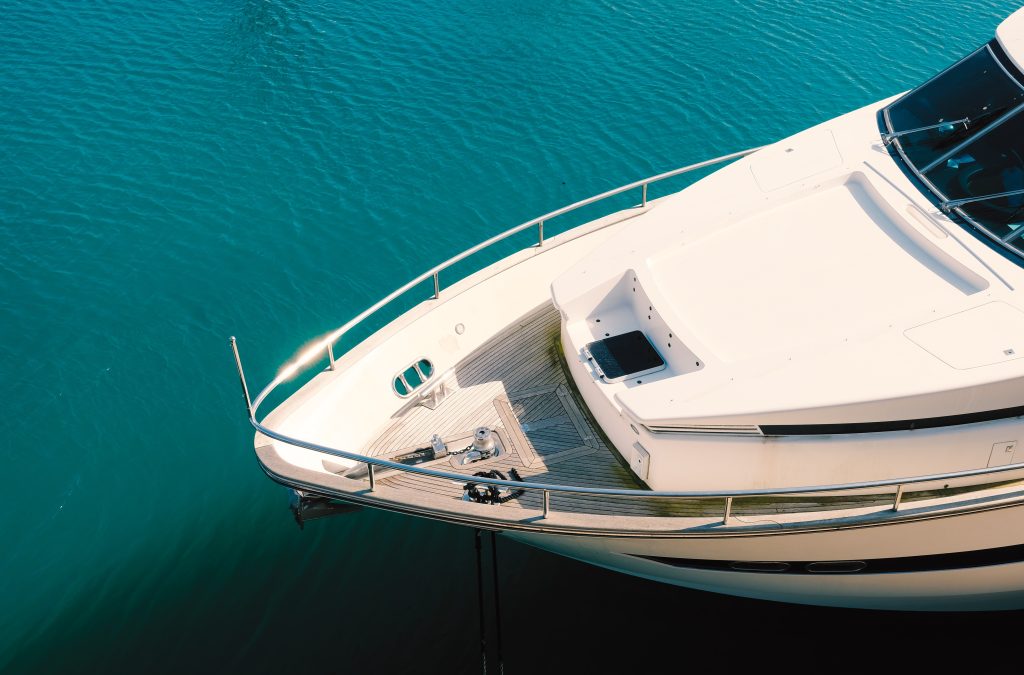
As a boat owner, protecting your investment is an important duty. The last thing you want to worry about is if an accident or other disaster could lead to extensive loss or damage. With the right insurance coverage you can be sure that both you and your boat are well protected from costly repairs or liabilities when accidents occur. Comprehensive insurance for boats is one of the best types of protection available as it covers a wide range of potential damages, losses, and liabilities. But what exactly does comprehensive insurance provide for boat owners? Here’s everything you need to know about understanding this type of coverage so that you have all the facts before making a decision on investing in comprehensive boat insurance.
What Does Comprehensive Boat Insurance Cover?
Comprehensive boat insurance provides boat owners with a wide range of protections against unexpected and costly events. Comprehensive boat insurance includes the physical loss or damage to the boat itself and its attached accessories due to an accident, fire, theft, storms and collisions. Furthermore, personal items within the boat are protected as well as any medical payments that may ensue as a result of injury or death during a boating accident. An easy way to remember what comprehensive boat insurance covers is that it covers incidents out of your control.
In addition to making sure that your boat is adequately protected against disasters both large and small, comprehensive boat insurance can provide peace of mind when boating so you can enjoy all the activities available on or around the water. When seeking comprehensive boat insurance, always consider your specific needs before making any decisions so you’re sure to get the best policy with the necessary coverage.
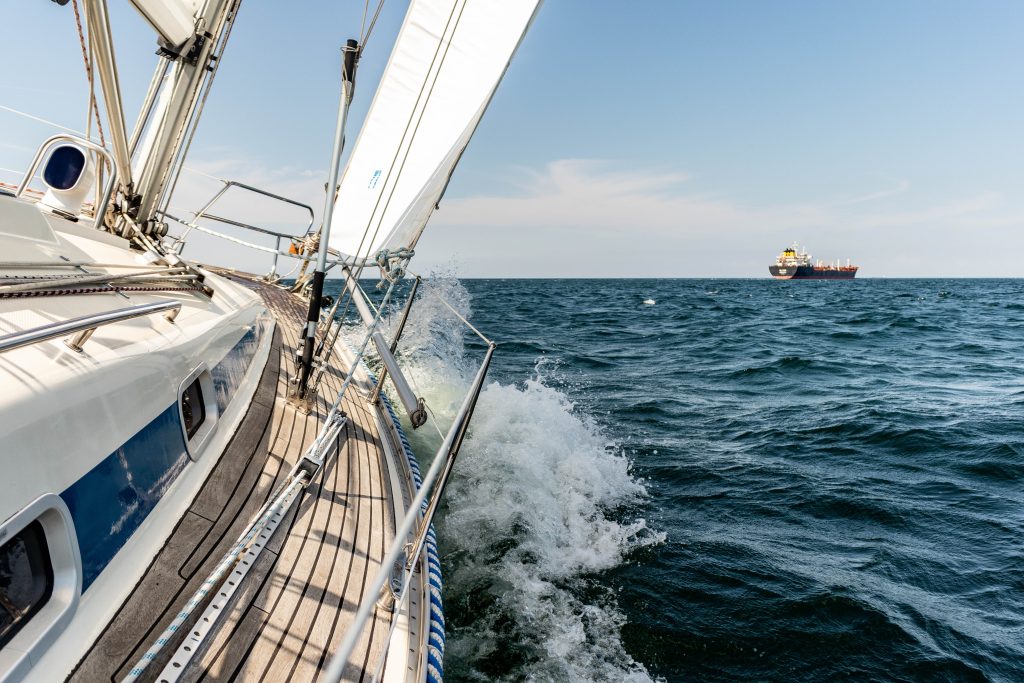
The Benefits of Comprehensive Boat Insurance
Having comprehensive boat insurance can act as an invaluable lifeline in cases of boat accidents and other issues that may arise. The comprehensive coverage means boat owners are covered in the case of any damages incurred to their boat, even if they are found to be at fault. This kind of coverage also means boat owners will not have to bear costly out-of-pocket expenses resulting from repairs or replacements needed as a result of an accident. Additionally, comprehensive boat insurance can extend beyond property damage to also include legal liability coverage, personal effects coverage, and medical payments coverage if necessary. Boating safely should always remain a priority for boat owners, but having comprehensive boat insurance adds an extra layer of security to help them protect their belongings on the water.
Does Comprehensive Insurance Cover Collisions?
One significant consideration when exploring boat insurance policy options is whether it covers collisions. Whether the boat is damaged by another boat or by a stationary object, comprehensive boat insurance provides coverage that repairs any physical damage to the boat itself and its permanent fixtures. This applies regardless of fault or an estimate of liability when the boat is damaged. However, this type of coverage does not protect you if your boat is damaged in a collision with another boat or if your boat causes injury to anyone or property damage related to the collision.
Be sure to read through the specifics of your comprehensive boat insurance plan carefully so you understand exactly what kinds of damages and losses are covered. Purchasing comprehensive boat insurance with collision coverage can give boat owners peace of mind by providing much-needed protection should an unexpected accident occur out on the open waters.

Is Comprehensive Boat Insurance Required?
Although boat insurance is not legally required in almost every state, getting a comprehensive boat insurance policy is highly recommended due to the various levels of protection it provides. A boat can be an expensive investment, and uninsured boat owners can face significant financial losses if their boat is damaged or stolen. Comprehensive boat insurance helps boat owners mitigate the costs associated with major repairs and repairs to any other items that are damaged during an incident covered by the policy. Unlike other types of boat insurance policies, comprehensive boat insurance typically covers both liability for another individual’s property damage resulting from an accident as well as physical damage to your boat itself.
With the numerous benefits that comprehensive boat insurance brings, it is recommended that boat owners seriously consider investing in such an insurance policy. If you are looking for assistance navigating boat insurance coverages near the Morehead City, North Carolina area, contact Sound Choice Insurance today!
Contact Sound Choice Insurance Today
While the law does not require you to have comprehensive insurance for your boat, it is always a good idea to protect your investment. This type of policy will cover you in the event of damages that occur due to something other than a collision, such as fire, theft or weather damage.
If you have any questions about what comprehensive boat insurance covers or whether it is required, be sure to contact Sound Choice Insurance. Our team of experts will be happy to answer all of your questions and help you find the right coverage for your needs. Don’t wait until it’s too late – get started on protecting your boat today!

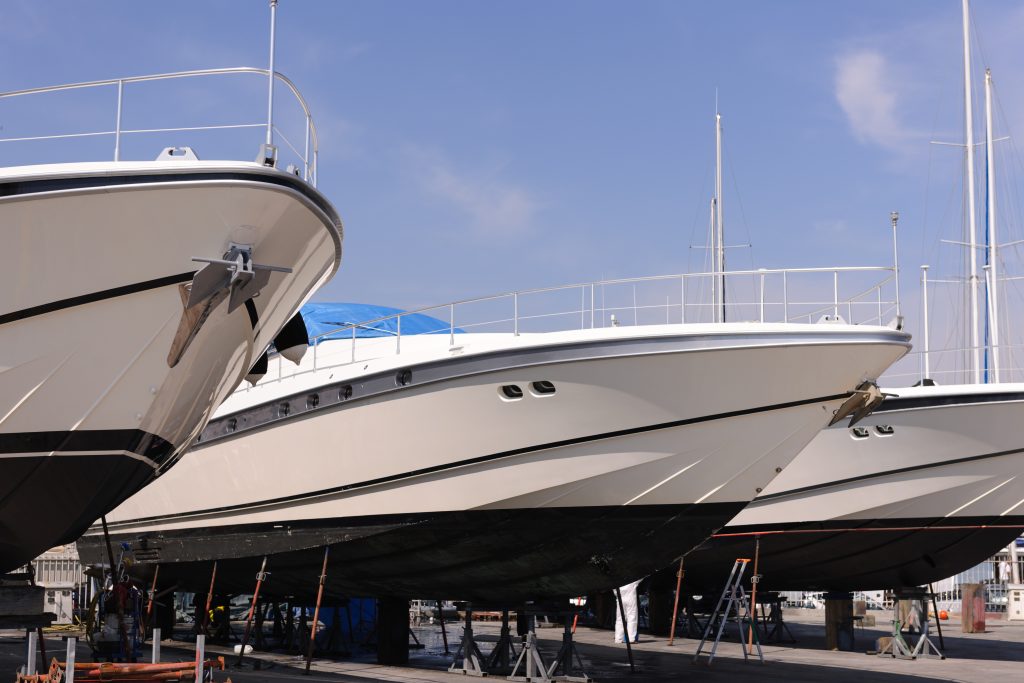


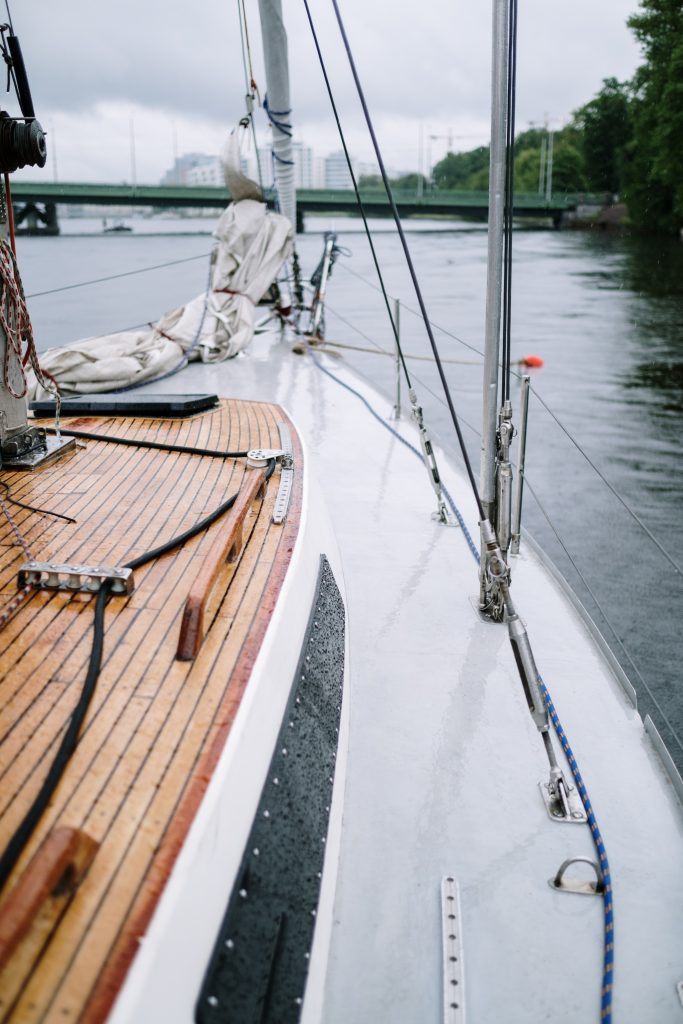
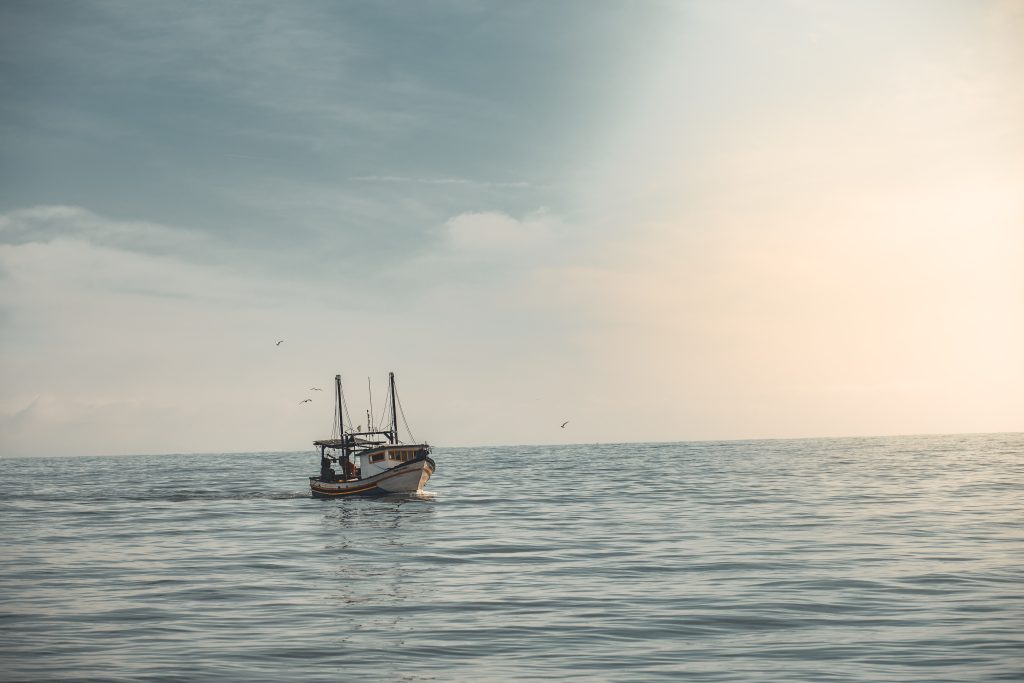
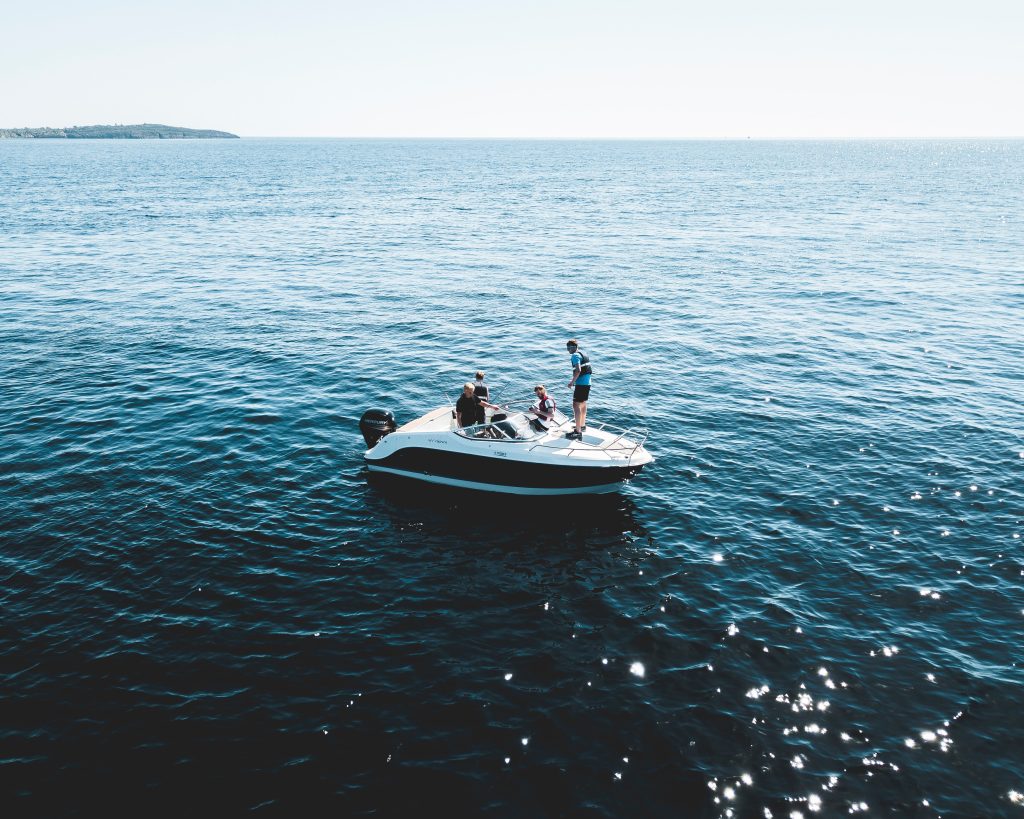
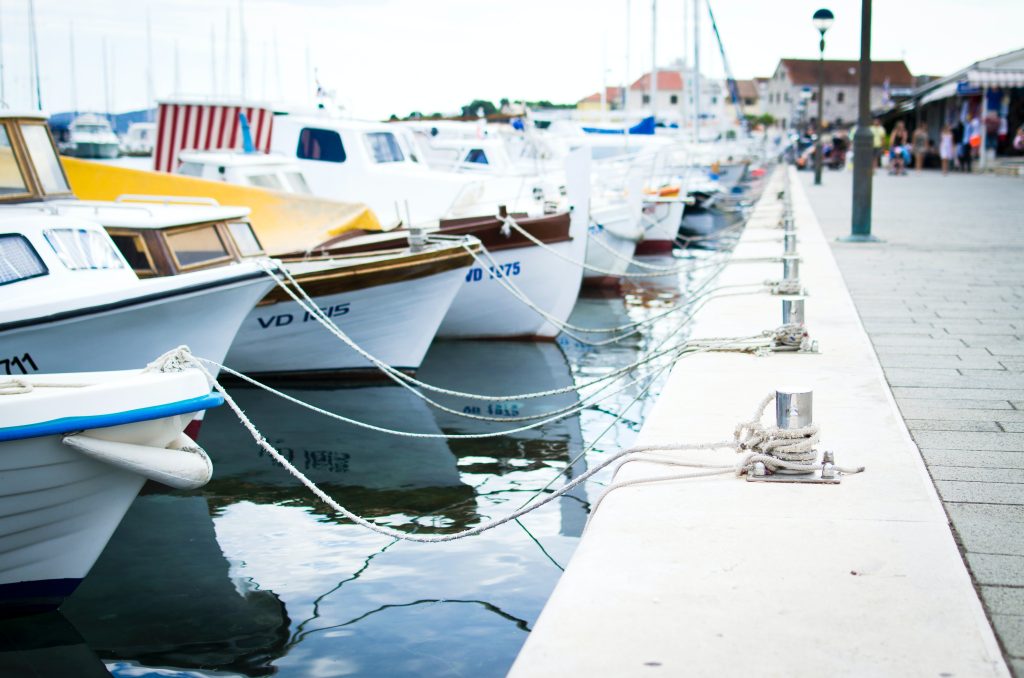
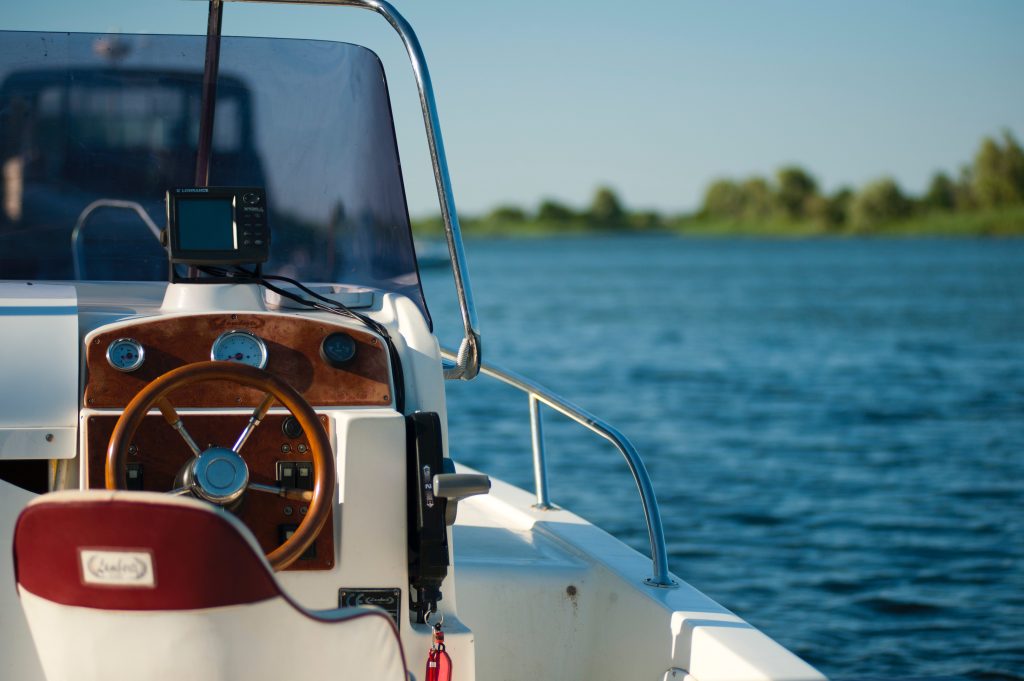

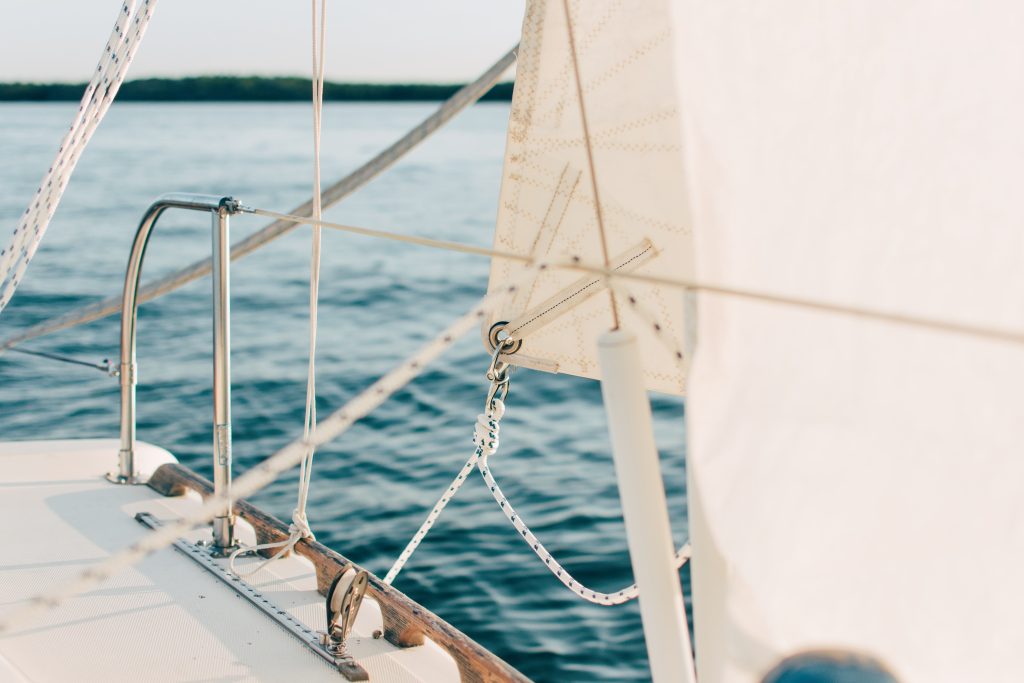
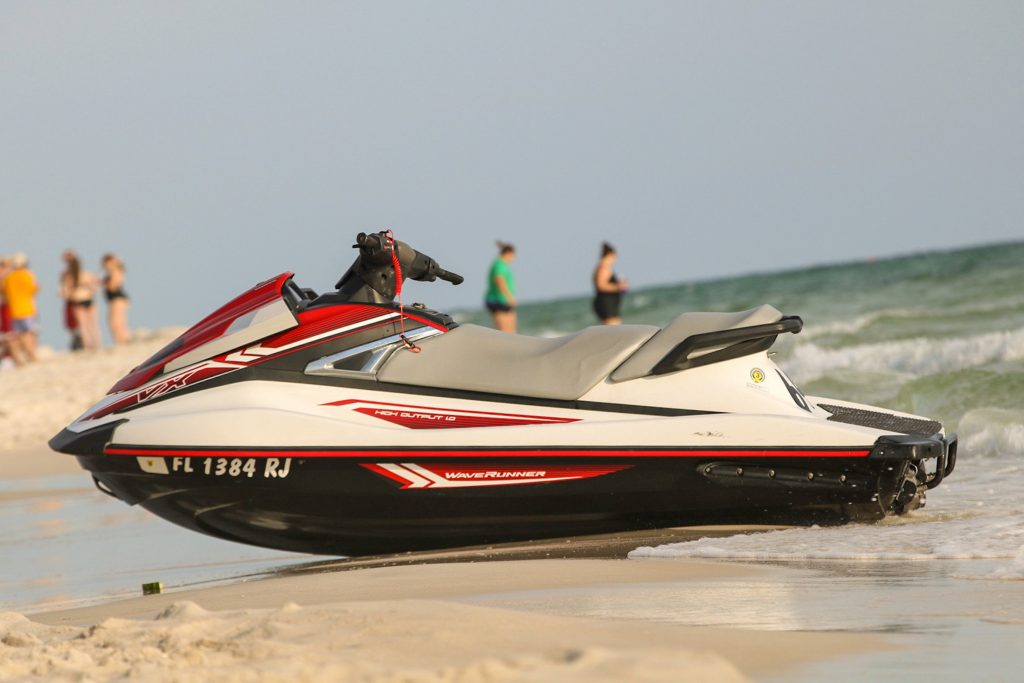
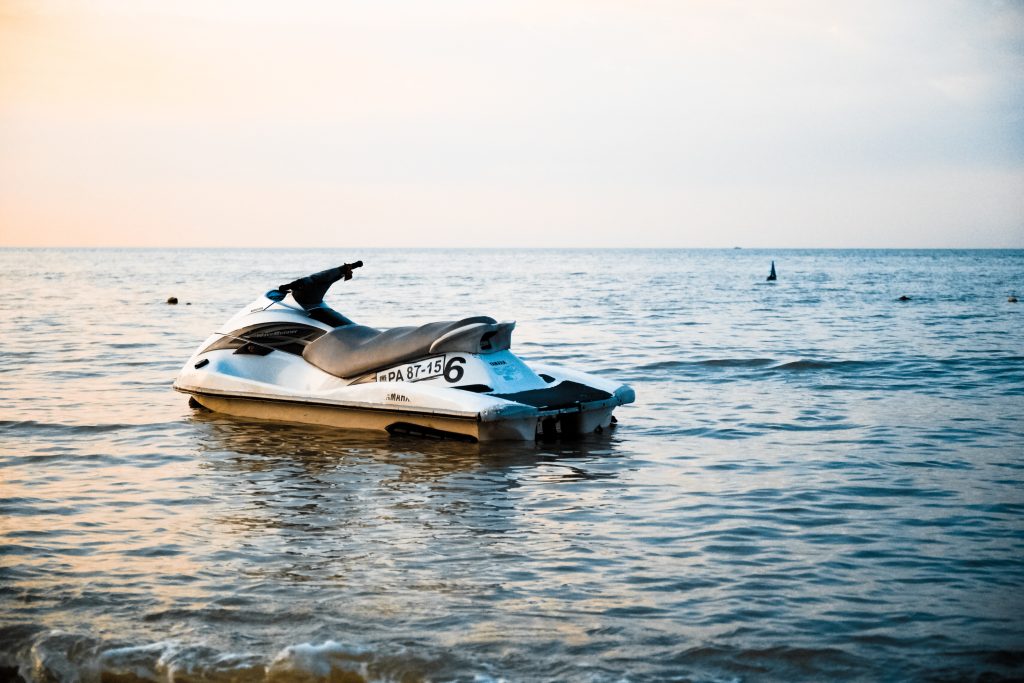
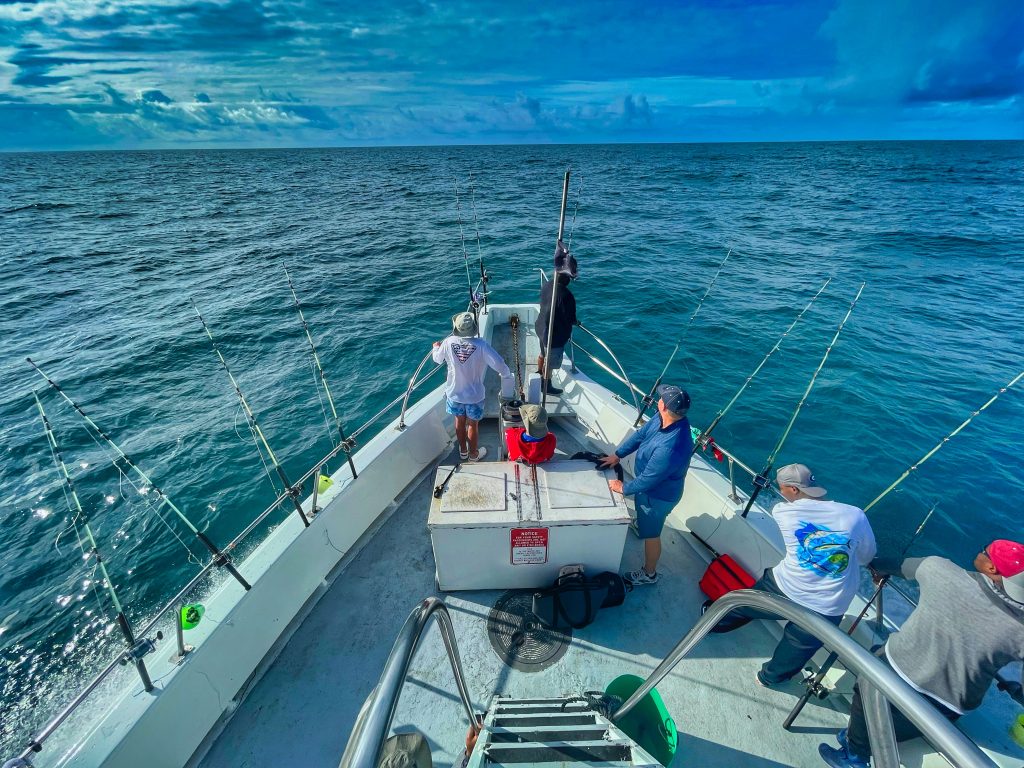
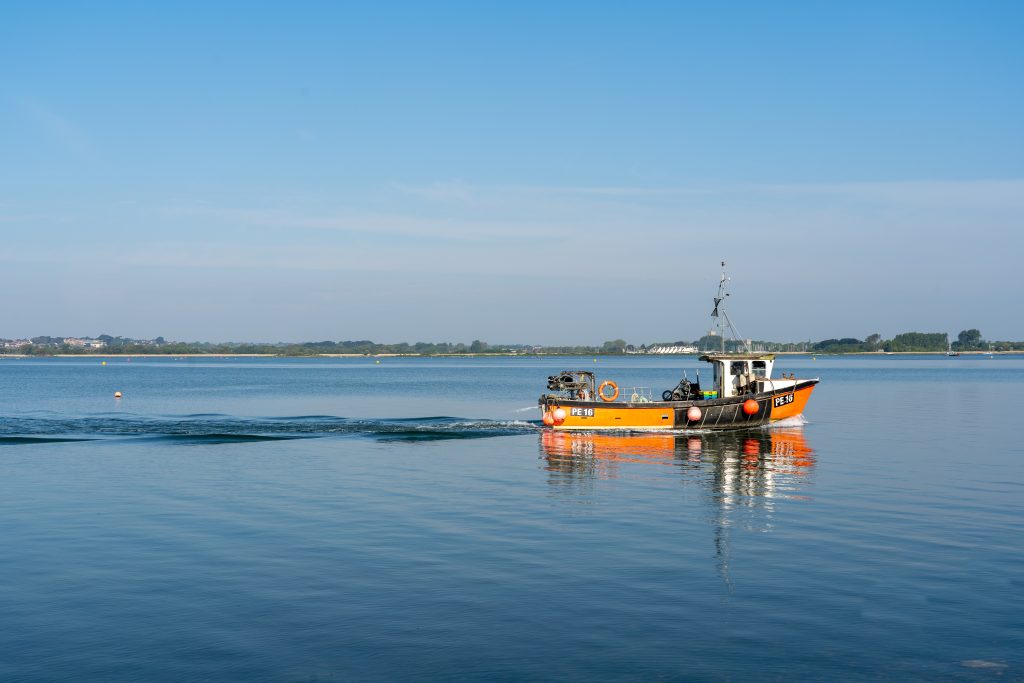
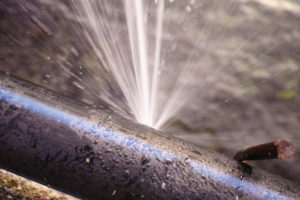


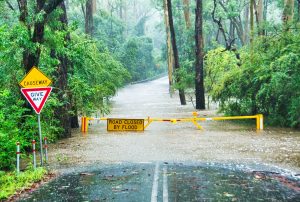
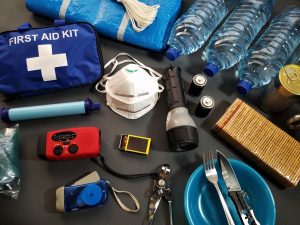 According to
According to 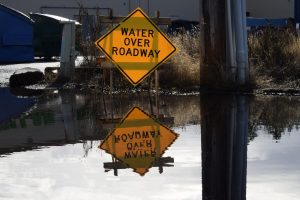 When the floodwaters die down, it can still be dangerous in the next few days. Keep a few things in mind when returning to your home after a flood.
When the floodwaters die down, it can still be dangerous in the next few days. Keep a few things in mind when returning to your home after a flood.
 One of the most serious risks of flooding is damage to your foundation. Floodwaters can erode the soil around your foundation, making it unstable and causing cracks. The other risks of flooding include mold growth, electrical hazards, and furniture damage. When there is damage to your foundation, it lowers the entire structural integrity of your home. The force of the flood water itself is strong enough to cause damage.
One of the most serious risks of flooding is damage to your foundation. Floodwaters can erode the soil around your foundation, making it unstable and causing cracks. The other risks of flooding include mold growth, electrical hazards, and furniture damage. When there is damage to your foundation, it lowers the entire structural integrity of your home. The force of the flood water itself is strong enough to cause damage.